2015, SelfMadeHero
Written and illustrated by Scott McCloud
When it released in the early 90s, Scott McCloud’s Understanding Comics became the antithesis of almost everything comics were at the time; a study of “sequential art” that not only took the medium seriously but helped define our ever-developing art form.
Well, twenty years have passed since Understanding Comics (though its follow-ups are equally worthwhile) and the nineties are inexplicably the current source of inspiration for mainstream comics. Thank fuck, then, that McCloud is making a comeback-of-sorts with The Sculptor, his first fictional work in decades, and one that has rightfully gained a lot of attention.
There’s always been a divide between critic and artist, even though many creators are both, and while the question of whether critiquing an art form helps one better understand it or simply declares the critic’s inability to produce worthwhile art themselves isn’t going to get answered any time soon, The Sculptor swings in favour of the former.
The Sculptor is a parable of a wronged artist who sells his soul (and a large percentage of his life) in return for a superhuman level of artistic ability, a story of artist versus audience that’s highly relevant in this age of Banksy and digital publishing. Given only 200 days to live, David Smith struggles with realising his ambitions against his own pretentions, financial circumstances, a superficial creative rival and a bloodthirsty New York art scene that values anything but talent.
But then David meets Meg, an aspiring actress and the definition of the manic pixie dream girl… only she’s less dream and more manic, and suddenly that deal with Death doesn’t seem quite as promising as it once had (because deals with manifestations of the Devil or Death so often end in happiness, don’t they?). As his clock ticks, David is faced with that age-old artist’s dilemma; does he sacrifice his enjoyment of what life he has left in pursuit of his art?
At times, McCloud’s art seems so effortless and fluid in its storytelling that I found myself staring at pages long after “reading” them. It’s a beautifully told tale, and coming in at a whopping 500 pages often feels like a celebration of comic book styles and storytelling approaches, with McCloud’s work peaking when it veers from the intricately rendered New York cityscape and delves into the artist’s mind and David’s sculptures. Those sculptures are quite something; it’s no mean feat to depict images that are both magnificent within the context of the story and on the page. McCloud also renders time with stunning levels of inventiveness, such as he does here:
Yet, despite its technical proficiency, The Sculptor initially left me cold, and hesitant to call it a masterpiece as the British press has so eagerly heralded it. I didn’t warm to Meg as much as I suspect McCloud intended me to, though that may be because personal experience has tainted my view of the archetypal bipolar/borderline female love interest that male writers still cling to. For the first half of the book, their relationship never felt any deeper or richer than a teen rom com’s aesthetic coupling, and the physical manifestation of Death, who takes the form of David’s Uncle Harry, feels as though it’s been grafted on from a separate story of a distinctly different genre. There’s also an odd background plot featuring another character called David Smith, which serves only to further convolute the plot’s beautiful simplicity.
But… just as I was beginning to dismiss The Sculptor as overhyped and insubstantial, McCloud’s tale head towards its crescendo and aims for something grand, tragic and inspiring, shedding the first two act’s baggage in the process. It’s every bit as heartbreaking and masterfully executed as it needs to be, and more than justifies McCloud’s initially didactic dialogue and precious intentions.
And in doing that, The Sculptor achieved something that few graphic novels even come close to – it stayed with me and had me thinking about it for days, nay weeks, after I’d read it. Despite my initial issues with the book, in my mind there can be no higher praise.
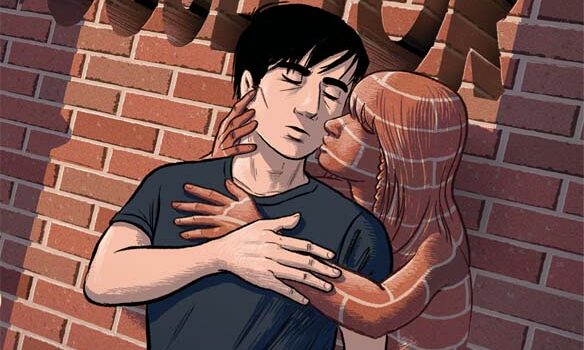
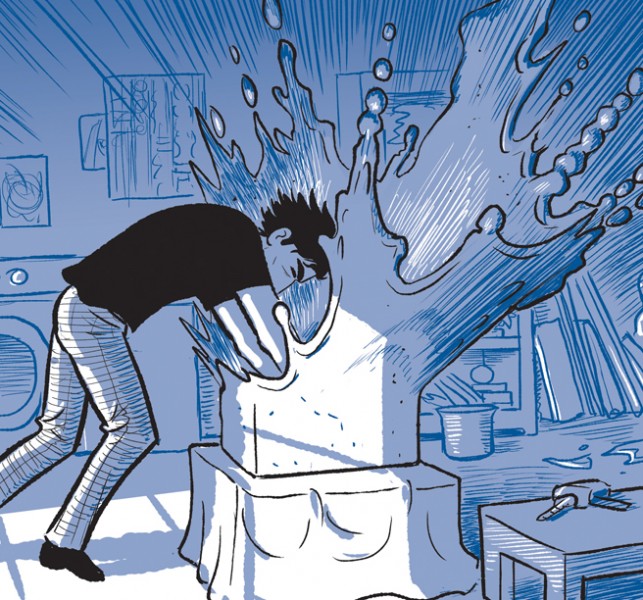
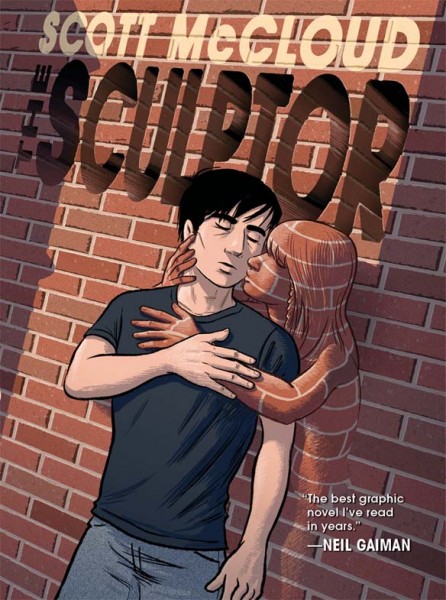
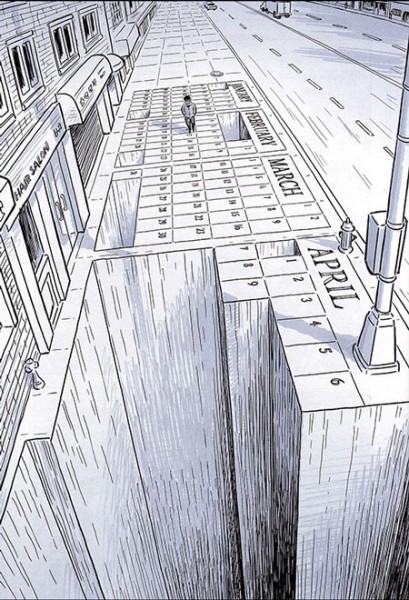
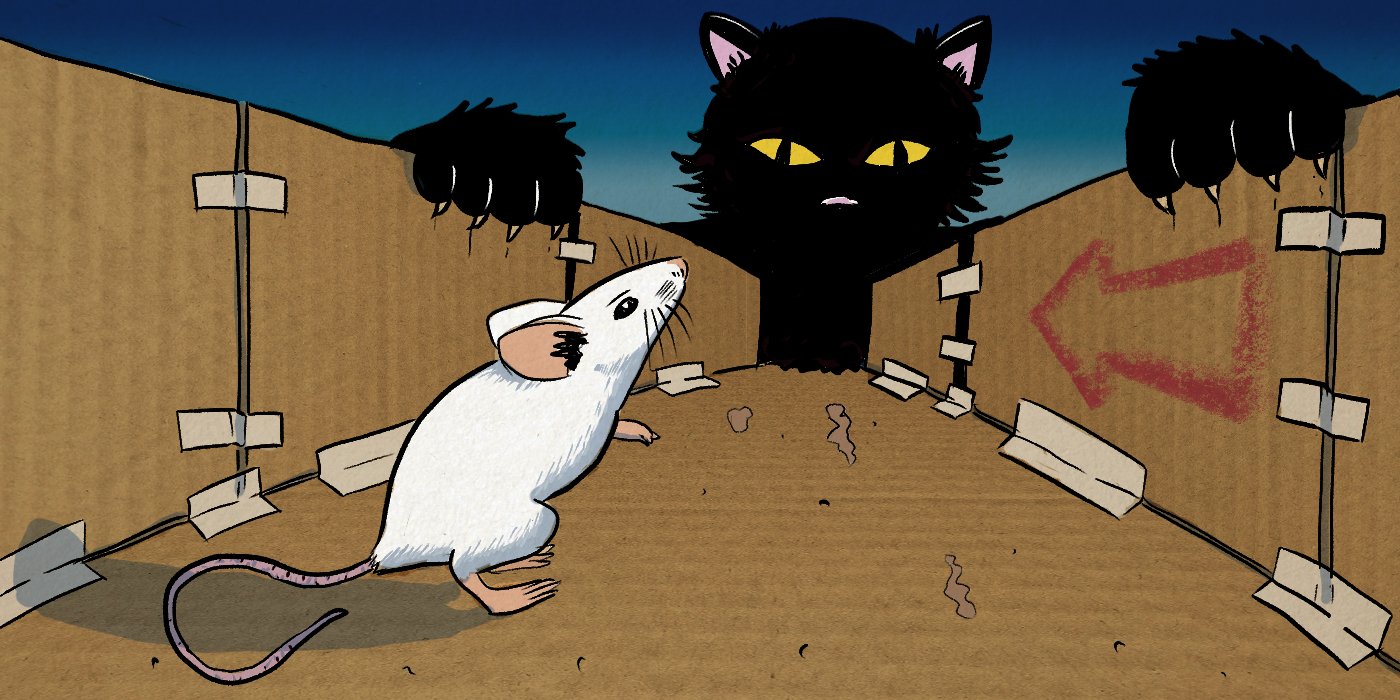
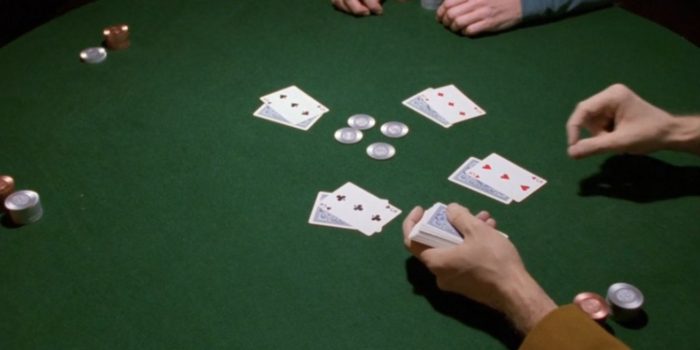
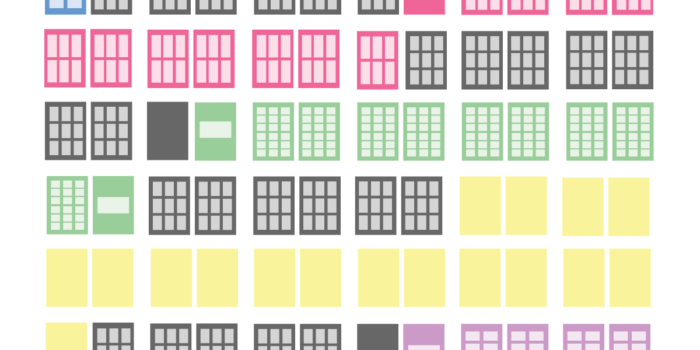
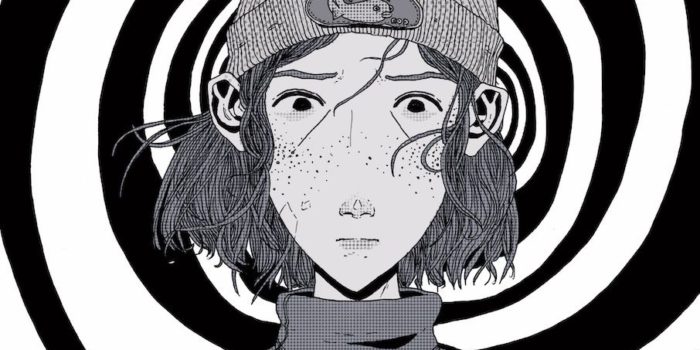
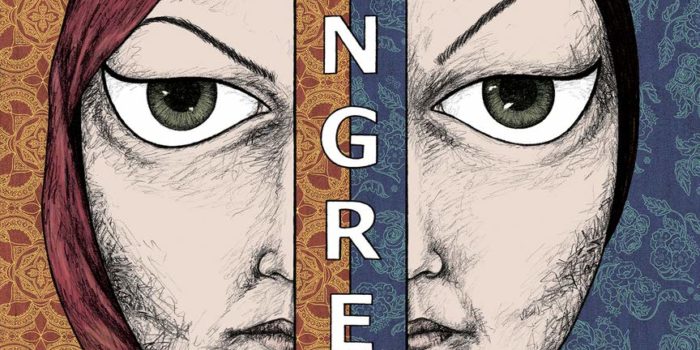



Leave a Reply